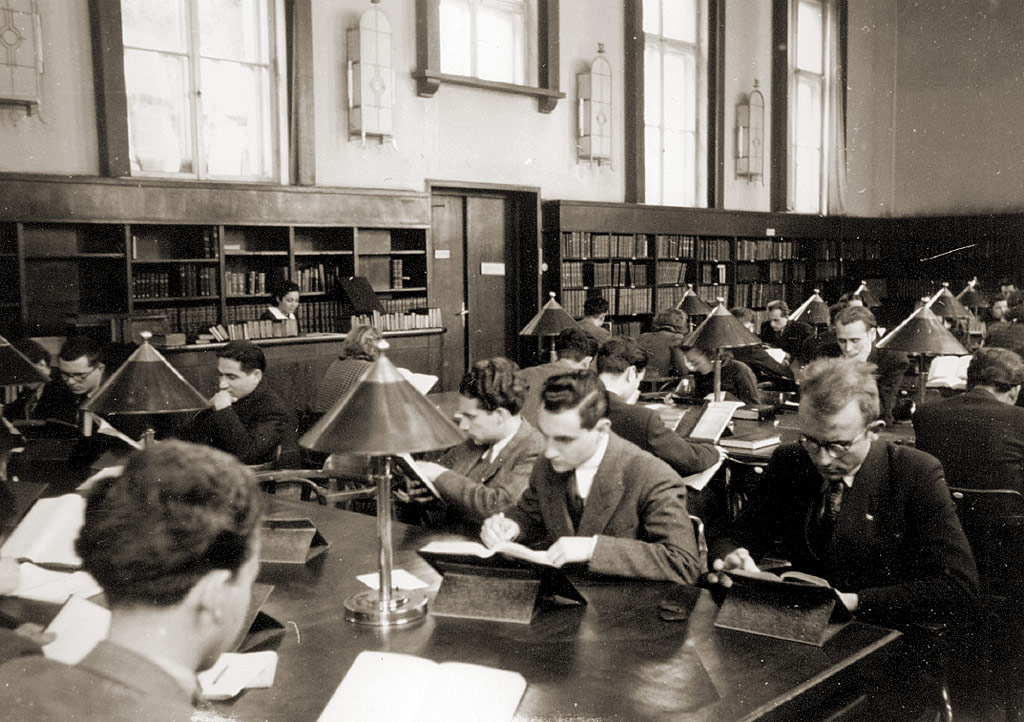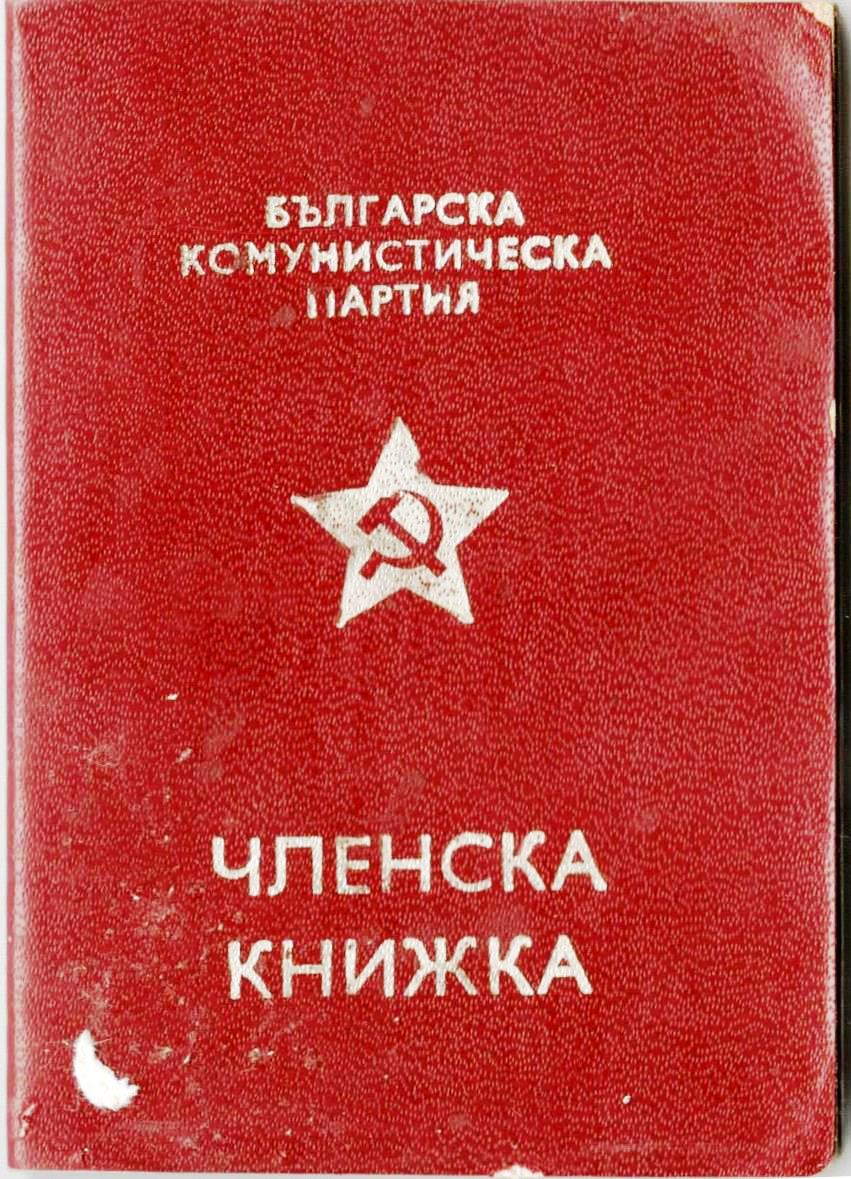|
Venelin Ganev
Venelin Yordanov Ganev ( bg, Венелин Йорданов Ганев; 16 February 188025 March 1966) was a Bulgarian lawyer, diplomat, and politician. He was a leading authority on commercial law, and after the Communist coup d'état on 9 September 1944 was one of the regents of underage tsar Simeon II. Biography Venelin Ganev was born on 16 February 1880 (or old-style 4 February) in Rousse, Bulgaria. He studied in Leipzig and Geneva, where Simeon Radev was a fellow-student of his. After returning to Bulgaria, Ganev taught philosophy of law (1908–1947) at Sofia University. In 1908 Venelin Ganev joined the Radical-Democratic Party. In 1919 he was the Minister of Justice in Teodor Teodorov's second cabinet, and took part in the Bulgarian delegation for peace negotiations in Paris (before the Treaty of Neuilly). Afterwards, he served as a Bulgarian ambassador to France (1920–1922). Venelin Ganev joined the newly formed ''Democratic Accord'' in 1923, along with ... [...More Info...] [...Related Items...] OR: [Wikipedia] [Google] [Baidu] |
Rousse
Ruse (also transliterated as Rousse, Russe; bg, Русе ) is the fifth largest city in Bulgaria. Ruse is in the northeastern part of the country, on the right bank of the Danube, opposite the Romanian city of Giurgiu, approximately south of Bucharest, Romania's capital, from the Bulgarian Black Sea Coast and from the capital Sofia. Thanks to its location and its railway and road bridge over the Danube (Danube Bridge), it is the most significant Bulgarian river port, serving an important part of the international trade of the country. Ruse is known for its 19th- and 20th-century Neo-Baroque and Neo-Rococo architecture, which attracts many tourists. It is often called the Little Vienna. The Ruse-Giurgiu Friendship Bridge, until 14 June 2013 the only one in the shared Bulgarian-Romanian section of the Danube, crosses the river here. Ruse is the birthplace of the Nobel laureate in Literature Elias Canetti and the writer Michael Arlen. Ruse is on the right bank of the rive ... [...More Info...] [...Related Items...] OR: [Wikipedia] [Google] [Baidu] |
France
France (), officially the French Republic ( ), is a country primarily located in Western Europe. It also comprises of Overseas France, overseas regions and territories in the Americas and the Atlantic Ocean, Atlantic, Pacific Ocean, Pacific and Indian Oceans. Its Metropolitan France, metropolitan area extends from the Rhine to the Atlantic Ocean and from the Mediterranean Sea to the English Channel and the North Sea; overseas territories include French Guiana in South America, Saint Pierre and Miquelon in the North Atlantic, the French West Indies, and many islands in Oceania and the Indian Ocean. Due to its several coastal territories, France has the largest exclusive economic zone in the world. France borders Belgium, Luxembourg, Germany, Switzerland, Monaco, Italy, Andorra, and Spain in continental Europe, as well as the Kingdom of the Netherlands, Netherlands, Suriname, and Brazil in the Americas via its overseas territories in French Guiana and Saint Martin (island), ... [...More Info...] [...Related Items...] OR: [Wikipedia] [Google] [Baidu] |
People From Ruse, Bulgaria
A person ( : people) is a being that has certain capacities or attributes such as reason, morality, consciousness or self-consciousness, and being a part of a culturally established form of social relations such as kinship, ownership of property, or legal responsibility. The defining features of personhood and, consequently, what makes a person count as a person, differ widely among cultures and contexts. In addition to the question of personhood, of what makes a being count as a person to begin with, there are further questions about personal identity and self: both about what makes any particular person that particular person instead of another, and about what makes a person at one time the same person as they were or will be at another time despite any intervening changes. The plural form "people" is often used to refer to an entire nation or ethnic group (as in "a people"), and this was the original meaning of the word; it subsequently acquired its use as a plural form of per ... [...More Info...] [...Related Items...] OR: [Wikipedia] [Google] [Baidu] |
1966 Deaths
Events January * January 1 – In a coup, Colonel Jean-Bédel Bokassa takes over as military ruler of the Central African Republic, ousting President David Dacko. * January 3 – 1966 Upper Voltan coup d'état: President Maurice Yaméogo is deposed by a military coup in the Republic of Upper Volta (modern-day Burkina Faso). * January 10 ** Pakistani–Indian peace negotiations end successfully with the signing of the Tashkent Declaration, a day before the sudden death of Indian prime minister Lal Bahadur Shastri. ** Georgia House of Representatives, The House of Representatives of the US state of Georgia refuses to allow African-American representative Julian Bond to take his seat, because of his anti-war stance. ** A Commonwealth Prime Ministers' Conference convenes in Lagos, Nigeria, primarily to discuss Rhodesia. * January 12 – United States President Lyndon Johnson states that the United States should stay in South Vietnam until Communism, Communist aggression there is e ... [...More Info...] [...Related Items...] OR: [Wikipedia] [Google] [Baidu] |
1880 Births
Year 188 (CLXXXVIII) was a leap year starting on Monday of the Julian calendar. At the time, it was known in the Roman Empire as the Year of the Consulship of Fuscianus and Silanus (or, less frequently, year 941 ''Ab urbe condita''). The denomination 188 for this year has been used since the early medieval period, when the Anno Domini calendar era became the prevalent method in Europe for naming years. Events By place Roman Empire * Publius Helvius Pertinax becomes pro-consul of Africa from 188 to 189. Japan * Queen Himiko (or Shingi Waō) begins her reign in Japan (until 248). Births * April 4 – Caracalla (or Antoninus), Roman emperor (d. 217) * Lu Ji (or Gongji), Chinese official and politician (d. 219) * Sun Shao, Chinese general of the Eastern Wu state (d. 241) Deaths * March 17 – Julian, pope and patriarch of Alexandria * Fa Zhen (or Gaoqing), Chinese scholar (b. AD 100) * Lucius Antistius Burrus, Roman politician (executed) * Ma Xiang, Chin ... [...More Info...] [...Related Items...] OR: [Wikipedia] [Google] [Baidu] |
Bulgarian Academy Of Sciences
The Bulgarian Academy of Sciences (abbreviated BAS; bg, Българска академия на науките, ''Balgarska akademiya na naukite'', abbreviated ''БАН'') is the National Academy of Bulgaria, established in 1869. The Academy, with headquarters in Sofia, is autonomous and consists of a Society of Academicians, Correspondent Members and Foreign Members. It publishes and circulates different scientific works, encyclopaedias, dictionaries and journals, and runs its own publishing house. The activities are distributed in three main branches: ''Natural, mathematical and engineering sciences''; ''Biological, medical and agrarian sciences'' and ''Social sciences, humanities and art''. They are structured in 42 independent scientific institutes, and a dozen of laboratories and other sections. Julian Revalski has been the president of the BAS since 2016. As of 2021, its budget was 117,8 million leva (€60,2 million). History As Bulgaria was part of the Ottoman E ... [...More Info...] [...Related Items...] OR: [Wikipedia] [Google] [Baidu] |
Dryanovo
Dryanovo ( bg, Дряново, ) is a Bulgarian town situated at the northern foot of the Balkan Mountains in Gabrovo Province; amphitheatrically along the two banks of Dryanovo River, a tributary to the Yantra River. The town is a centre of the homonymous Dryanovo Municipality, which is composed of 62 villages, hamlets and huts picturesquely spread out of the mountain folds. As of 2015, it has a population of 7,968. In 2009, it was 8,043.Bulgarian National Statistical Institute - Bulgarian towns in 2009 Geography Dryanovo has a favourable geographical position, being situated 20 km away from , 24 km from ...[...More Info...] [...Related Items...] OR: [Wikipedia] [Google] [Baidu] |
University Of Sofia
Sofia University, "St. Kliment Ohridski" at the University of Sofia, ( bg, Софийски университет „Св. Климент Охридски“, ''Sofijski universitet „Sv. Kliment Ohridski“'') is the oldest higher education institution in Bulgaria. Founded on 1 October 1888, the edifice of the university was constructed between 1924 and 1934 with the financial support of the brothers Evlogi Georgiev and Hristo Georgiev (whose sculptures are now featured on its façade) and has an area of 18,624 m2 and a total of 324 premises. The university has 16 faculties and three departments, where over 21,000 students receive their education. The current rector is Anastas Gerdzhikov. It has been consistently ranked as the top university in Bulgaria according to national and international rankings, being constantly among the best four percent of world universities according to ''QS World University Rankings''. History The university was founded on 1 October 1888—te ... [...More Info...] [...Related Items...] OR: [Wikipedia] [Google] [Baidu] |
Bulgarian Communist Party
The Bulgarian Communist Party (BCP; bg, Българска Комунистическа Партия (БКП), Balgarska komunisticheska partiya (BKP)) was the founding and ruling party of the People's Republic of Bulgaria from 1946 until 1989, when the country ceased to be a socialist state. The party had dominated the Fatherland Front, a coalition that took power in 1944, late in World War II, after it led a coup against Bulgaria's tsarist regime in conjunction with the Red Army's crossing the border. It controlled its armed forces, the Bulgarian People's Army. The BCP was organized on the basis of democratic centralism, a principle introduced by the Russian Marxist scholar and leader Vladimir Lenin, which entails democratic and open discussion on policy on the condition of unity in upholding the agreed upon policies. The highest body of the BCP was the Party Congress, convened every fifth year. When the Party Congress was not in session, the Central Committee was the hig ... [...More Info...] [...Related Items...] OR: [Wikipedia] [Google] [Baidu] |
Tsvetko Boboshevski
Tsvetko Petrov Boboshevski (Bulgarian: Цвятко Петров Бобошевски) was Regent of Bulgaria for the underage Simeon II from 1944 to 1946. The first name is also transliterated Transliteration is a type of conversion of a text from one script to another that involves swapping letters (thus '' trans-'' + '' liter-'') in predictable ways, such as Greek → , Cyrillic → , Greek → the digraph , Armenian → or ... as Tsvyatko. References External links * * Bulgarian politicians Regents of Bulgaria 1884 births 1952 deaths {{Bulgaria-bio-stub ... [...More Info...] [...Related Items...] OR: [Wikipedia] [Google] [Baidu] |

_1938.jpg)



